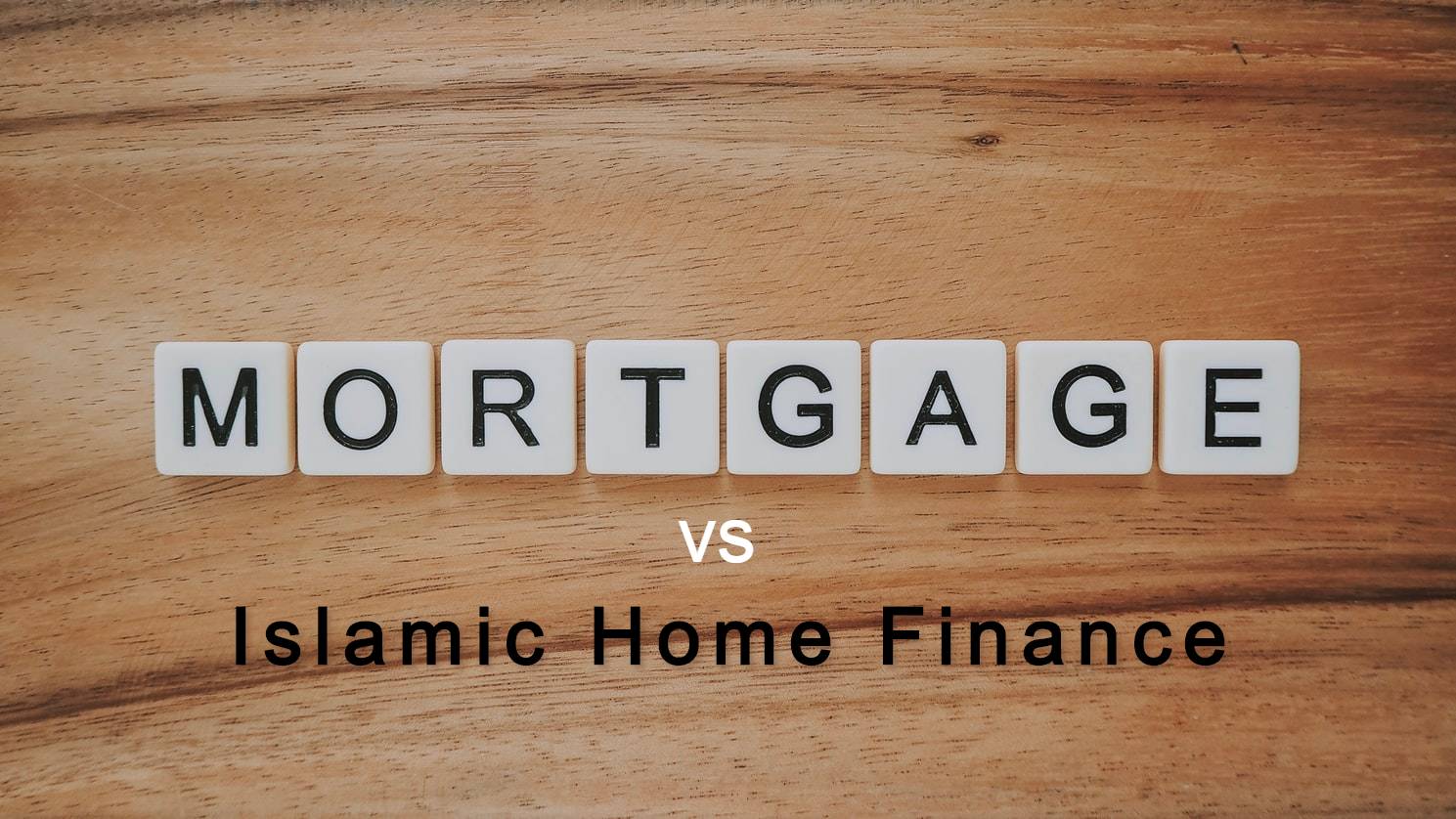A conventional mortgage loan is where your loan repayments will include paying a rate of interest to the bank, this is their profit for lending you the funds. An Islamic Home Finance differs from a conventional mortgage loan because under Shariah Law it is forbidden to charge interest on a loan, so in this case, banks will buy the property on your behalf and rent or lease it back to you for a profit. You can read more about the difference between conventional and Islamic Home Finance in this article below…
[toc]What is a Conventional mortgage loan?
With a conventional mortgage loan, a financial institution such as a bank will lend you money to purchase a new home and they will charge interest on this loan. A conventional mortgage loan is made up of the principal amount (i.e. the amount borrowed) and also the interest charged on the loan. With most mortgages, the principal and interest are paid off monthly over 25 years, which is why they are also known as repayment mortgages. In the early years, most of a borrower’s payments are set against paying off the interest with a smaller part reducing the principal. As the end of the term nears, this method switches and more is paid off from the original loan each month.
What is Islamic Home Finance?
Islamic Home Finance works differently because Islamic financial institutions are forbidden from charging interest. There are several Islamic financing models, but Murabaha and Ijarah are the two key models used for home loans.
According to Islamic legal jurisprudence, lending money to profit from any commercial or investment activity including the financing of real estate is not an acceptable method of commerce. The home financing program that Guidance Residential created is based on an Islamic financial concept known as “Musharakah Mutanaqisa” or “Diminishing Partnership.” In this method, the relationship between Guidance Residential and the homeowner is that of a partnership rather than a borrower-lender. Conventional home loan providers do not share the risk of natural disasters, eminent domain or foreclosure. Through this type of financing, the home buyer bears the brunt in case any of these misfortunes occur.
What is Murabaha financing?
With Murabaha financing, the bank purchases a property on behalf of the customer and ‘re-sells’ it to them at a profit. The buyer then pays the bank back through monthly instalments.
Islamic banks need collateral to protect against the buyer not making their repayments, so the property is registered to the bank until all mortgage payments are complete, although there are some banks that will include the tenant’s name on the title deed. An advantage of a Shariah-compliant home loan is that there are no additional interest payments for late payments (though the bank may charge a fixed fee).
What is Ijarah financing?
Another Islamic financing model applied is Ijarah, which a buy and lease-back arrangement. This model is useful if you are buying a property off-plan as no payments are made until the property is completed.
What are the differences between Islamic Home Finance and Conventional mortgage loan?
The main differences between the conventional financial system and the Islamic financial system are highlighted below:
- Firstly, under the conventional financial system, interest is charged which is determined on the basis of demand and supply of the capital while under Islamic financial system rent of the property is charged, determined through demand and supply of a real asset
- Secondly, as conventional banks do not own the underlying asset, hence sharing of risk and reward of property is not required while Islamic banks are co-owners of the property and share risk and rewards attached with ownership
- Thirdly, return for conventional banks starts from the date of the loan extension facility which is not the case in Islamic Home Finance. Under Diminishing Musharakah model return is due when the property is ready for use either through acquisition or through construction
- Fourthly, conventional banks will continuously receive the installments (containing interest and principal) even if the property is not usable and needs some repair. However, for Islamic Home Finance s, you do not need to pay the rent during the repair period
While conventional banks view money as simply a commodity, Islamic banks serve for public interest and their main objective is making ‘halal’ economic growth. They seek only to do with Sharia-compliant industries. Over the years, Islamic financing has evolved to become an option that is competitively compared to conventional home financing. The good news is that it’s an affordable option for those who wish to achieve home ownership without compromising their beliefs. Thus, if you are looking for a home loan, you have both options available at your disposal. Make sure that you evaluate them one by one and then choose the most suitable one for yourself, according to your beliefs as well as requirements.

